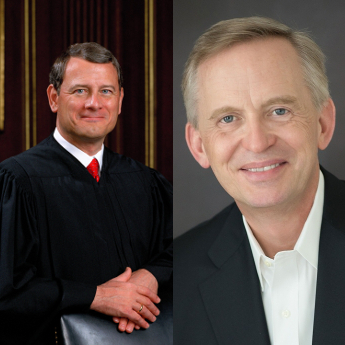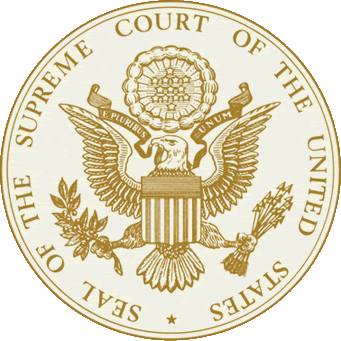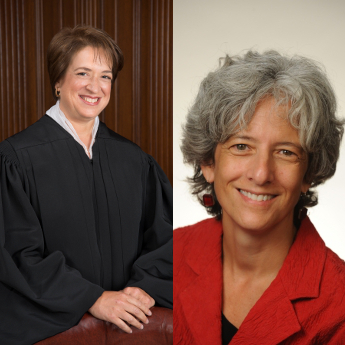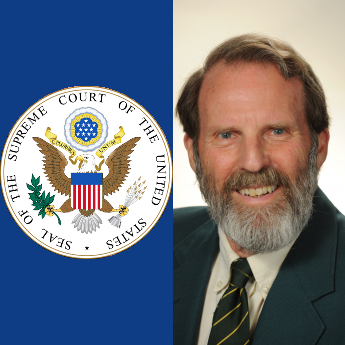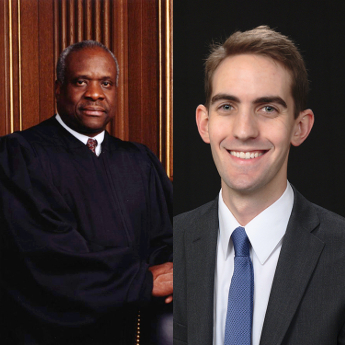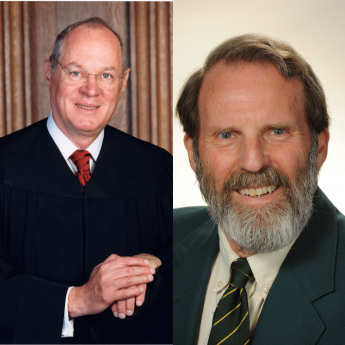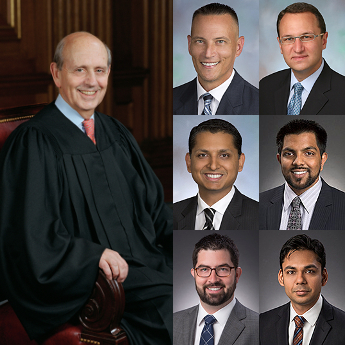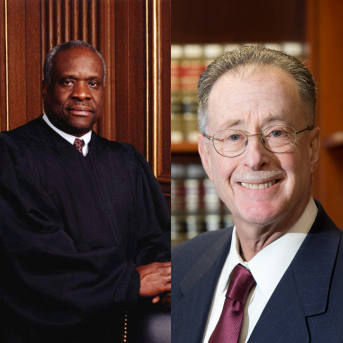McDonnell v. United States: A Cramped Vision of Public Corruption
McDonnell v. United States, 579 U.S. ___ (2016) (Roberts, C.J.). Response by Professor Randall D. Eliason Geo. Wash. L. Rev. On the Docket (Oct. Term 2015) Slip Opinion | New York Times | SCOTUSblog A Cramped Vision of Public Corruption Suppose I’m a state governor approached by a businessman seeking to meet with a member... Read More
Whole Woman’s Health v. Hellerstedt: The Silence of Justice Kennedy and the Future of Abortion Jurisprudence
Whole Woman’s Health v. Hellerstedt, 579 U.S. ___ (2016) (Breyer, J.). Response by Steven Aden Geo. Wash. L. Rev. On the Docket (Oct. Term 2015) Slip Opinion | New York Times | SCOTUSblog The Silence of Justice Kennedy and the Future of Abortion Jurisprudence There were several “big stories” in the Supreme Court’s abortion decision Monday,... Read More
Printing a Revolution: The Challenges of 3D Printing on Copyright
Saahil Dama & Amulya Chinmaye · June 2016 84 Geo. Wash. L. Rev. Arguendo 68 The ever-evolving nature of technology has brought us to the brink of yet another revolution—this time by literally adding a new dimension to printing. Three-dimensional (“3D”) printing carries immense potential for self-creation and mass-production of copyrighted objects. With several websites... Read More
Voisine v. United States: The Supreme Court Just Says No—Again—to Domestic Abusers Seeking to Possess Firearms
Voisine v. United States, 579 U.S. ___ (2016) (Kagan, J.). Response by Joan Meier Geo. Wash. L. Rev. On the Docket (Oct. Term 2015) Slip Opinion | The New Yorker | SCOTUSblog The Supreme Court Just Says No—Again—to Domestic Abusers Seeking to Possess Firearms In the aftermath of yet another mass shooting and amid the... Read More
United States v. Texas: Ambush or Self-Inflicted Wound—Defending the Administration’s Deferred Action Program
United States v. Texas, 579 U.S. ___ (2016) (per curiam). Response by Alan Morrison Geo. Wash. L. Rev. On the Docket (Oct. Term 2015) Slip Opinion | N.Y. Times | SCOTUSblog Ambush or Self-Inflicted Wound: Defending the Administration’s Deferred Action Program When federal judge Andrew Hanen enjoined the Obama Administration’s expanded deferred action program last February,1... Read More
Utah v. Strieff: Concerning Implications for Our Privacy
Utah v. Strieff, 579 U.S. ___ (2016) (Thomas, J.). Response by Edward J. George Geo. Wash. L. Rev. On the Docket (Oct. Term 2015) Slip Opinion | New York Times | SCOTUSblog Concerning Implications for Our Privacy In Utah v. Strieff,1 the Court reversed Utah’s supreme court, holding that an arrest warrant can attenuate “the connection... Read More
Fisher v. University of Texas: An Affirmative Decision the Second Time Around
Fisher v. University of Texas, 579 U.S. ___ (2016) (Kennedy, J.). Response by Alan Morrison Geo. Wash. L. Rev. On the Docket (Oct. Term 2015) Slip Opinion | N.Y. Times | SCOTUSblog An Affirmative Decision the Second Time Around The key sentence in the opinion of Justice Anthony Kennedy for the four-Justice majority in Fisher v. University... Read More
Cuozzo Speed Technologies, LLC v. Lee: Business as Usual and Uncertainty for Post-Grant Proceedings
Cuozzo Speed Technologies, LLC v. Lee, 579 U.S. ___ (2016) (Breyer, J.). Response by Joseph Palys, Igor Timofeyev, Naveen Modi, Quadeer Ahmed, John Holley, & Chetan Bansal Geo. Wash. L. Rev. On the Docket (Oct. Term 2015) Slip Opinion | Reuters | SCOTUSblog Business as Usual and Uncertainty for Post-Grant Proceedings The Leahy-Smith America Invents... Read More
Encino Motorcars, LLC. v. Navarro: Bringing Deference in for a Tune-Up
Encino Motorcars, LLC. v. Navarro, 579 U.S. ___ (2016) (Kennedy, J.). Response by Alan Morrison Geo. Wash. L. Rev. On the Docket (Oct. Term 2015) Slip Opinion | Bloomberg | SCOTUSblog Bringing Deference in for a Tune-Up Encino Motorcars v. Navarro1 is a suit by service advisors for an automobile dealer who claim entitlement to overtime pay... Read More
Utah v. Strieff: Chipping Away at the Exclusionary Rule
Utah v. Strieff, 579 U.S. ___ (2016) (Thomas, J.). Response by Stephen Saltzburg Geo. Wash. L. Rev. On the Docket (Oct. Term 2015) Slip Opinion | New York Times | SCOTUSblog Chipping Away at the Exclusionary Rule The Supreme Court’s decision in Utah v. Strieff,1 on June 20, 2016, looks at first blush like a minor limit... Read More

